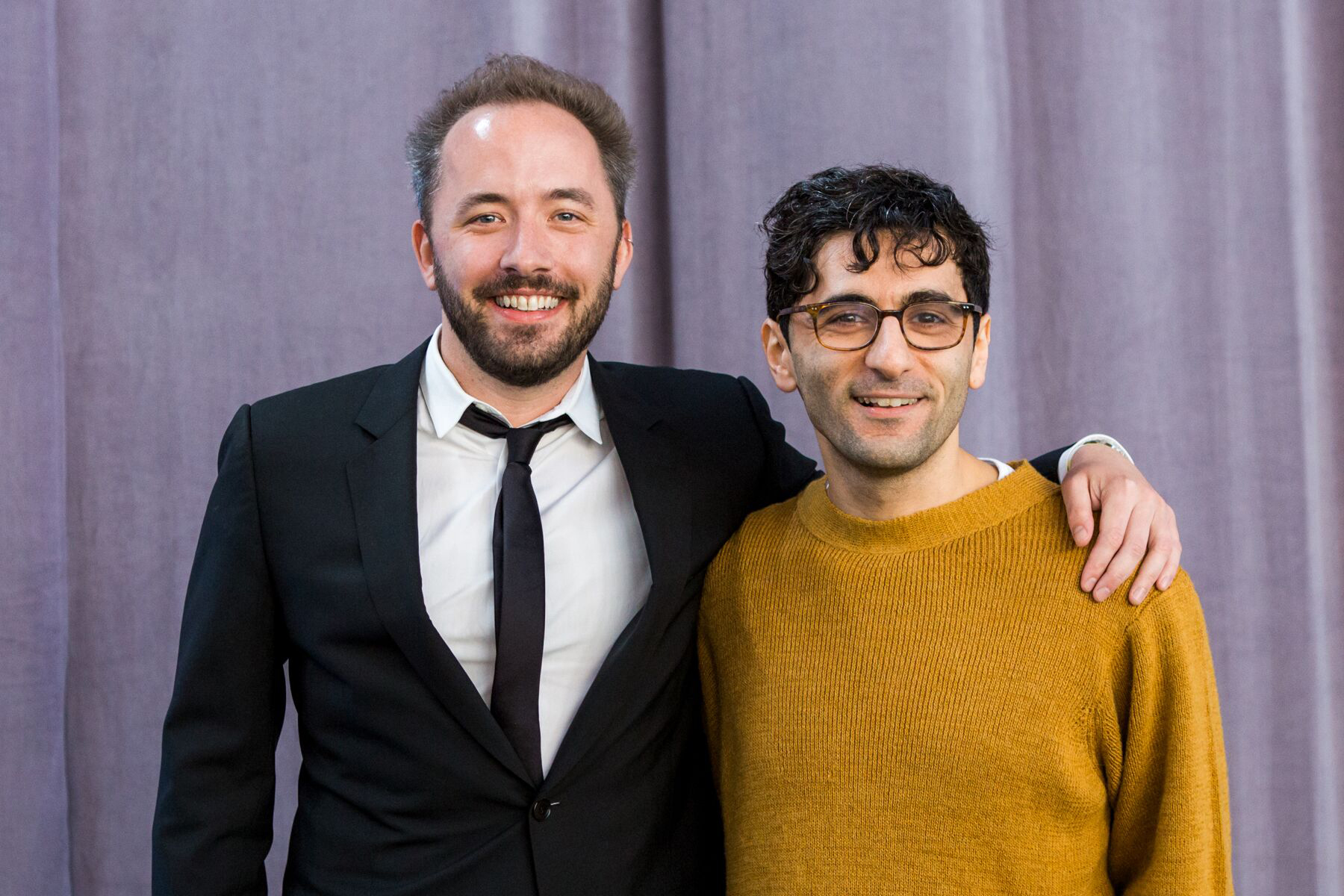Amidst a pandemic, millions of professionals have moved online for remote work. In response, platforms and services like Dropbox rise to the new challenges. Though Dropbox’s co-inventor Arash Ferdowsi recently said goodbye to the company, his contribution has changed the way we study and work.
The Dropbox co-founders pioneered new technology after a forgotten flash drive
Ferdowsi, like many other tech entrepreneurs, dropped out of the Massachusetts Institute of Technology in 2007. Instead, he devoted himself to Dropbox full-time with his co-founder Drew Houston.
The two were introduced by a mutual friend. First, Houston realized there must be a better way to store information than easily forgettable USB drives. Once introduced to Ferdowsi, the partnership clicked right away. “Drew calls it a shotgun marriage,” Ferdowsi told The Kansas City Star. “We only spent like five hours together before we decided to do Dropbox.”
Dropbox gained immediate popularity. In fact, it had a waiting list of 75,000 people just a few hours after the first instructional video went up. Over the past 14 years, Dropbox has acquired more than 500 million users.
Ferdowsi, who left the company in 2020, currently has a net worth of about $1 billion, according to Forbes. This makes him one of the world’s youngest billionaires.
“Because of Arash, making work human will always be at the heart of our culture,” wrote Houston in a blog post thanking Ferdowsi for his 13 years at Dropbox. “Of all the things he’s done for Dropbox, I know this is his proudest and most enduring contribution.”
Arash Ferdowsi has an innate gift for computers
Ferdowsi comes from an Iranian background. His parents married while both were students in the United States. Together, they nurtured his passions and listened to his opinions. “I think he was 9 or 10 when he put his own computer together,” his father Gholam recalls to The Kansas City Star. “We ordered the pieces for him and he assembled the hard drive.”
He went on to become the first ever recipient of the 2014 Cyrus Prize. This $100,000 grant awarded by Iranian-American entrepreneur Shervin Pishevar goes to “celebrate and inspire Iranian culture and entrepreneurship.”
“Kansas welcomed my family and gave me the confidence to succeed in ways my parents could never have dreamed of,” Ferdowsi told Kayhan Life. “I want future generations of immigrant families to get the same opportunity – so that they can build bright futures here and lift us all up along the way.”
Dropbox aids and improves the “Work From Home” model
Since the pandemic, Dropbox has become a “Virtual First” company. What this means is that “remote work (outside an office) will be the primary experience for all employees and the day-to-day default for individual work.”
This model does not eliminate in-person meetings and whatnot entirely. Rather, it opens up new virtual options in ‘spaces’ designated as Dropbox Studios, which will be open exclusively for collaborative work.
Not surprisingly, the pandemic also resulted in a positive trend for Dropbox in terms of usership and financing. It also exposed a problem that Houston is determined to fix. He noted the fact that we all use different platforms to keep our information, and that makes collaboration harder when it is all online.
“We’re building Dropbox into an organizing layer for all your content that’s platform agnostic and brings it all together,” Houston tells ZDNet. “And second, moving higher in the stack and handling more of the workflows around your content.”
Create a Dropbox account here for free.



